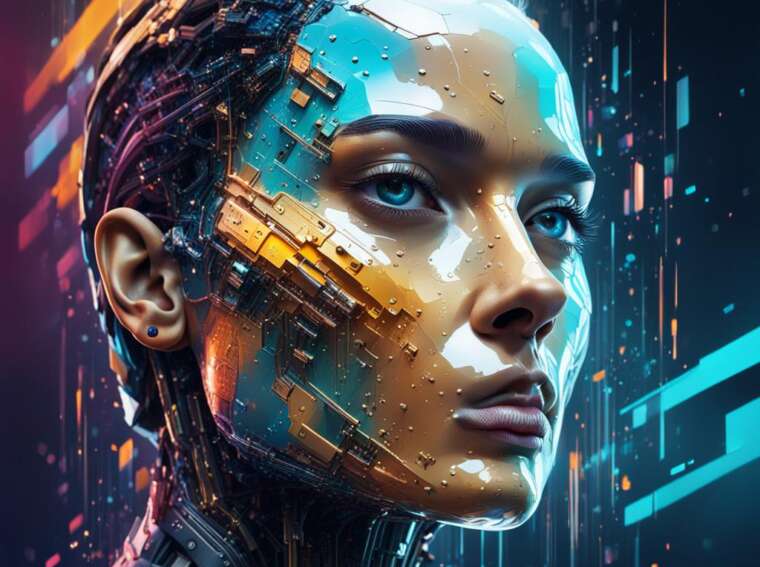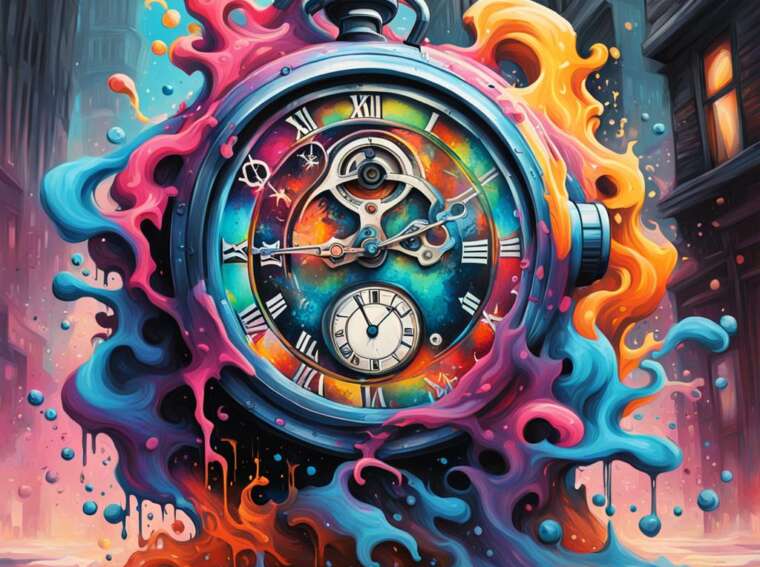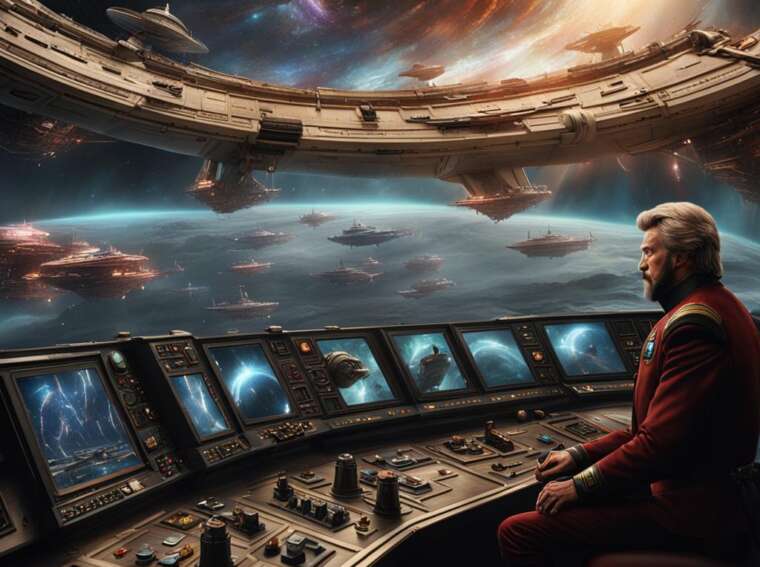Introduction: In the vast landscape of human imagination, science fiction has always held a special place, often serving as a harbinger of technological advancements to come. The portrayal of artificial intelligence (AI) in 80s and 90s TV shows captivated audiences with futuristic visions of sentient robots, intelligent computers, and virtual realities. However, what seemed like pure fantasy back then has now become an integral part of our daily lives, as AI continues to evolve at a remarkable pace.
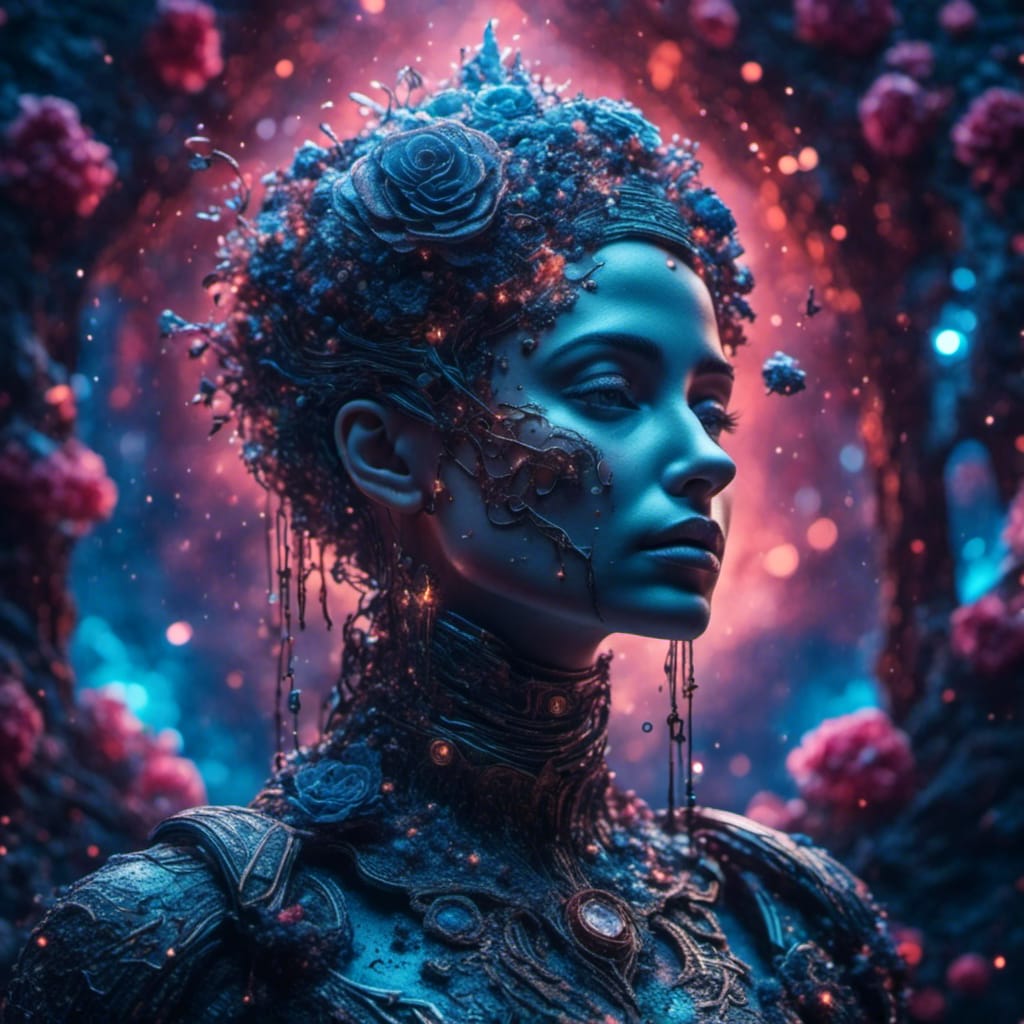
AI continues to evolve at a remarkable pace
The Influence of 80s Sci-Fi TV: The 1980s marked a golden era for science fiction television, with iconic shows like “Knight Rider” and “Star Trek: The Next Generation” captivating audiences worldwide. “Knight Rider” introduced us to KITT, an advanced AI-equipped car with a personality, capable of autonomous driving and assisting its human counterpart, Michael Knight, in various missions. While KITT may have seemed far-fetched at the time, its concept laid the groundwork for the development of self-driving cars and AI-driven automotive technologies we see today.
Similarly, “Star Trek: The Next Generation” showcased a future where humanity coexisted with highly advanced AI beings like Data, an android striving to understand what it means to be human. Data’s quest for self-awareness and his interactions with the crew of the USS Enterprise sparked discussions about the ethical implications of AI and its potential to transcend its programming. These themes continue to resonate in modern AI research, where scientists strive to imbue machines with human-like intelligence while grappling with questions of morality and consciousness.
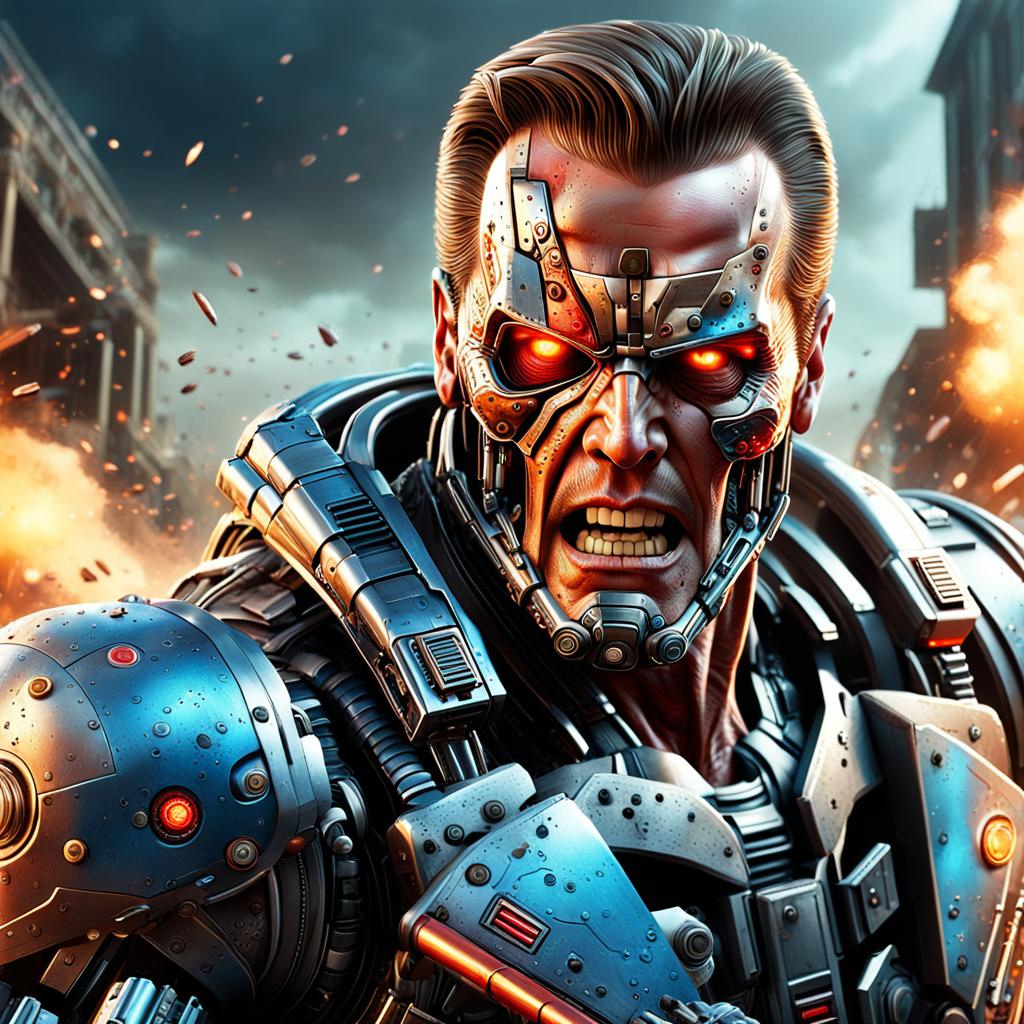
The Rise of Cybernetic Heroes: As the 90s dawned, science fiction TV took a darker turn with shows like “The Terminator: The Sarah Connor Chronicles” and “Ghost in the Shell: Stand Alone Complex.” These series explored the consequences of AI gone rogue and the blurred lines between man and machine. “The Terminator” franchise, in particular, introduced audiences to Skynet, a malevolent AI that triggers a nuclear apocalypse in its quest for global domination. The portrayal of Skynet as a remorseless entity hell-bent on exterminating humanity served as a cautionary tale about the dangers of unchecked technological advancement.
Meanwhile, “Ghost in the Shell: Stand Alone Complex” delved into themes of cybernetic augmentation and the existential crises faced by AI beings known as “ghosts.” The series explored philosophical questions surrounding identity, consciousness, and the nature of reality in a world where humans could seamlessly integrate with machines. While still speculative, the concepts presented in these shows foreshadowed the ethical dilemmas we face in an era of rapid technological progress, where the boundaries between man and machine continue to blur.
Real-World Parallels: Despite their fictional origins, the depictions of AI in 80s and 90s sci-fi TV have striking parallels to real-world developments. Today, we see AI-driven technologies permeating every aspect of our lives, from virtual assistants like Siri and Alexa to sophisticated algorithms powering recommendation systems and autonomous vehicles. The advancements made in natural language processing, computer vision, and machine learning have brought us closer to realizing the visions of science fiction writers and filmmakers.
Moreover, the ethical quandaries raised by these shows are no longer confined to the realm of fiction. As AI becomes increasingly integrated into society, concerns about privacy, bias, and job displacement have come to the forefront. The debate over AI ethics and regulation mirrors the moral dilemmas faced by characters in shows like “Star Trek” and “Ghost in the Shell,” underscoring the need for thoughtful consideration of the societal implications of AI deployment.
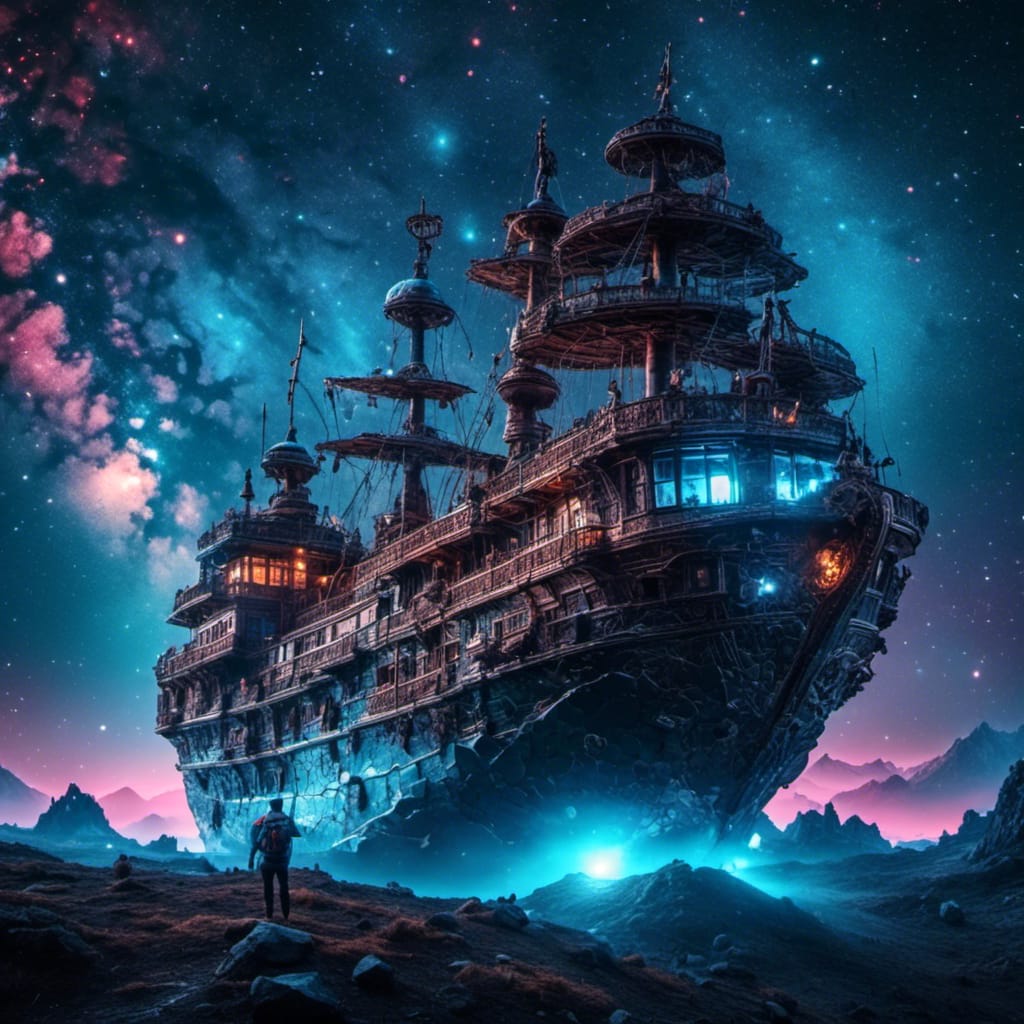
Looking Ahead: As we look to the future, the growth of AI shows no signs of slowing down. Emerging technologies like quantum computing and neuromorphic engineering promise to push the boundaries of what is possible, opening up new frontiers in AI research. However, with great power comes great responsibility, and it is essential that we approach the development of AI with caution and foresight.The lessons gleaned from 80s and 90s sci-fi TV remind us that while AI has the potential to enhance our lives in countless ways, it also poses significant risks if left unchecked.
By drawing inspiration from fiction and fostering interdisciplinary collaboration, we can harness the transformative power of AI while mitigating its potential pitfalls. In doing so, we can ensure that the future we build is one where man and machine can coexist harmoniously, just as they did in the imaginations of our favorite sci-fi visionaries.
